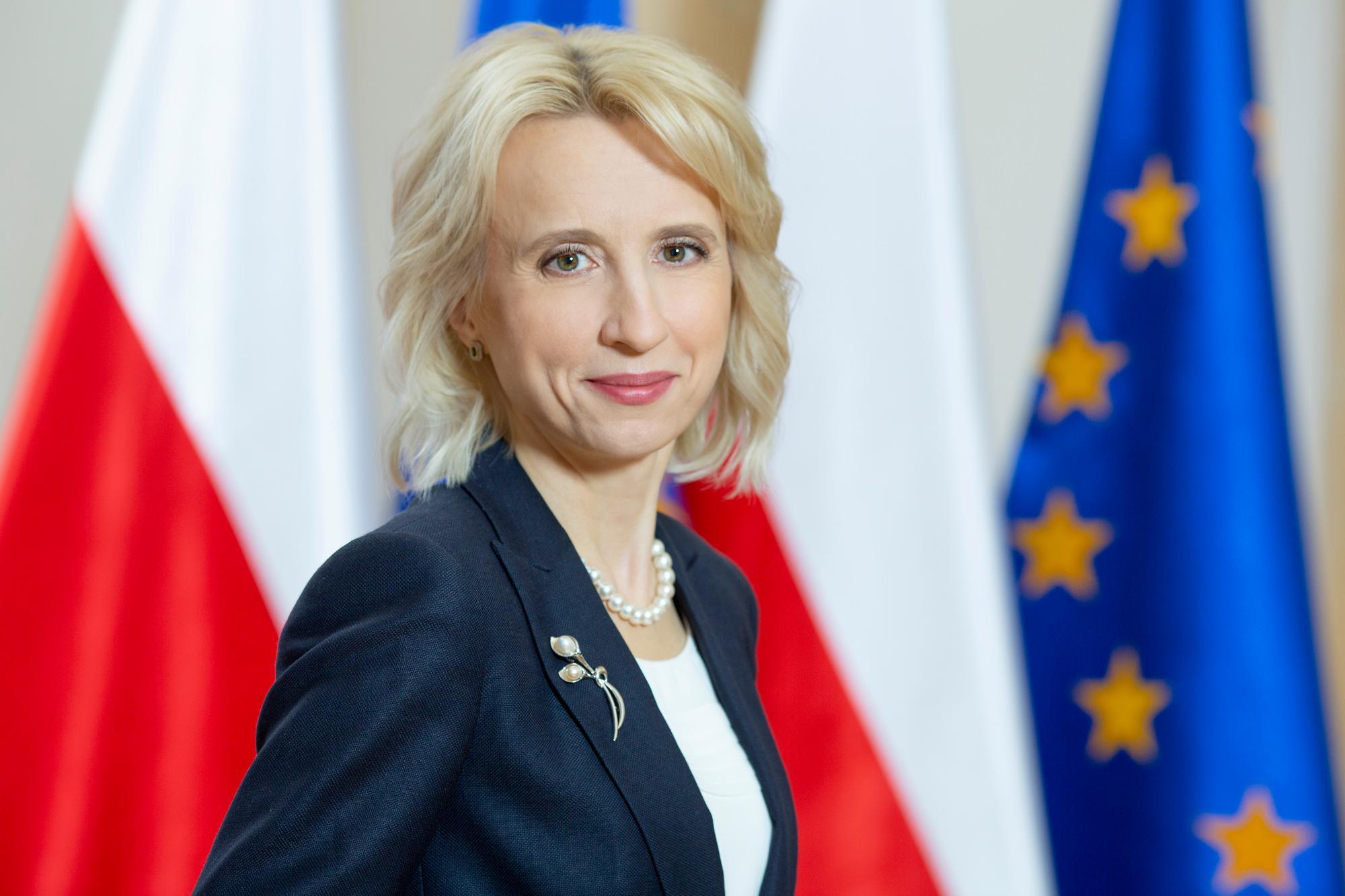Yesterday, we had a very long and intense debate on COVID-19. We considered that the situation is unprecedented and very serious. And that is why we are convinced that it is necessary to make more progress in order to coordinate more, to cooperate more between the Member States, especially on tracing, testing, on quarantine and on vaccines. We agreed that on a regular basis, at the level of the European Council, we will continue to tackle this important topic in order to try to be more committed and to make more progress.
We also had yesterday evening the opportunity to tackle climate change. This was an orientation debate in preparation of our meeting in December. We feel more and more support in order to increase our goal for 2030. This is an important step towards 2050. You remember that we have agreed, about one year ago, to make Europe the first continent with climate neutrality, it is our common goal. Of course, the important question is and will be how we can get the target together. And that is why we need to continue to prepare the debate in December. And it’s why with the European Commission and with the Member States, we will work very closely and very hard in order to see how it’s possible to take into consideration, for example, the different starting points in the different Member States, but also different national circumstances. This is a question of ambition. It’s also a question of solidarity between the Member States. Today we had the opportunity to have a strategic debate on Africa, in preparation of our meeting with the African leaders, with the African Union. On 9th December, we will have a strategic meeting with African leaders in order to deepen, but also to renew the partnership with Africa.
S’agissant de la relation avec l’Afrique, nous avons la conviction que nous devons davantage miser sur le soutien aux investissements, davantage miser sur un partenariat dans l’intérêt mutuel, davantage miser aussi sur le soutien aux infrastructures, ce qui nécessite de développer un partenariat en lien avec les questions de financement. C’est en cela que la question des dettes des pays africains a été débattue, et qu’on va continuer à en débattre avec les partenaires africains dans les enceintes adéquates, mais en cherchant une cohérence européenne sur ce sujet.
C’est d’autant plus important, dans le cadre de la bataille contre le COVID-19. Cette bataille met à l’épreuve les systèmes de santé. Il y a la nécessité de renforcer ces systèmes de santé, les systèmes de soins, mais aussi de miser sur un développement durable, sur un développement qui permet d’élever les conditions de vie et de soins, et de véritablement faire en sorte qu’il y ait une capacité de progresser ensemble. Grâce à ce partenariat avec ce continent pour lequel nous pensons qu’il doit y avoir une alliance naturelle pour des raisons géographiques, historiques, culturelles également.
Enfin, on a eu l’occasion d’aborder et de faire le point sur quelques thèmes internationaux. Je me réfère aux conclusions écrites pour plusieurs d’entre eux. S’agissant de la situation en Méditerranée orientale, nous déplorons les actions et les provocations unilatérales de la Turquie. Nous avons rappelé les conclusions que nous avons validées il y a deux semaines lors du dernier Conseil européen. Nous avons aussi eu l’occasion de faire le point sur d’autres sujets tels que, par exemple, le Bélarus ou encore la situation au Nagorno-Karabakh
Visit the meeting page


